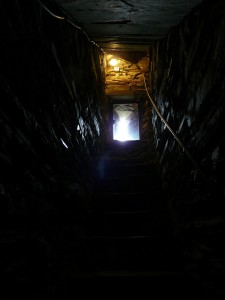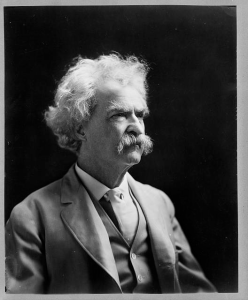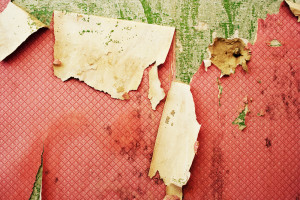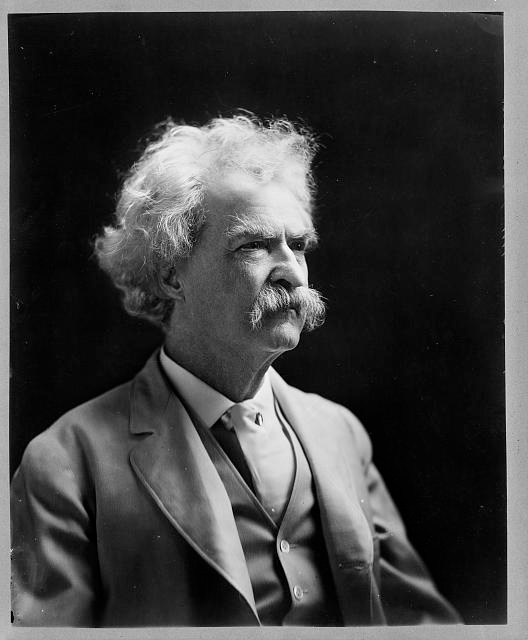
Back to the Middle Ages?
“Downstairs,” the receptionist said. “In the dungeon.”
Armed with shampoo and a towel, I followed his directions across the courtyard and down two flights of stairs. We had booked rooms in a medieval German castle, and this was one of its disadvantages. Taking a shower meant going down three stories from my room in the turret, across an ancient banquet hall, down more stairs to the courtyard, and taking a quick walk outside to the next building. It was a couple hundred yards in all.
But then I came down to this: a dark, cavernous cellar straight out of the Middle Ages, with old stone walls and no air circulation. Yes, I found the shower stalls. But they smelled so bad I backed right out again. A whole day of my own day-old body odors was vastly preferable to twenty minutes of this. I passed on my shower. And out of curiosity, I checked the dungeon again at checkout time. Every shower stall was dry. For a castle that offers over 160 beds, the guests’ refusal to shower was statement to the reek in the dungeon.

I’d encountered this odor before, in an archaic French town with Roman and medieval structures. Was an ancient sewage system leaking? Or had centuries of sweat, blood, and fumes permeated into the masonry and cobblestones? It’s something old and European; a price you sometimes have to pay to probe the past. My German husband calls it “The Smell of the Middle Ages.”

Mark Twain in Heilbronn, Germany
In 1878, Mark Twain traveled to Germany and complained about bad accommodations too. From his description in A Tramp Abroad, I think he encountered the same odor. Twain was in Heilbronn and wanted to experience history in the very same room where Götz von Berlichingen – the famous knight with the iron hand whom Goethe wrote about – once spent the night in 1519. The inn doesn’t exist anymore, but local lore says it was the Gasthof zur Krone near St. Kilian’s church.
“Harris and I occupied the same room [Götz von Berlichingen] had occupied and the same paper had not all peeled off the walls yet,” Twain wrote. “The furniture was quaint old carved stuff, full four hundred years old, and some of the smells were over a thousand…. This room … was on the first floor; which means it was in the second story, for in Europe the houses are so high that they do not count the first story, else they would get tired climbing before they got to the top….

“There was a stove in the corner, – one of those tall, square, stately white porcelain things that looks like a monument and keeps you thinking of death when you ought to be enjoying your travels. The windows looked out on a little alley, and over that into a stable and some poultry and pig yards….”
And on top of that, a mouse kept Twain awake at night. He tried chasing it in the dark, broke a mirror, and woke up everyone in the house.

Bad accommodations are fun, as long as you learn to take them with humor. Where was the worst place you ever spent the night?





I find it interesting that this was the focus of your reading.
When I read this book, I was living in Heilbronn, and was grateful and amazed at the description of how it looked pre-WW2 bombing, a horrendous bombing that left so little of the beauty of the old city. It became such an ugly city when rebuilt with the post-war architecture, and not much is left of what MT described.
Thanks for your comment, Karen. It has been a few years since I wrote that post, and I think my intention was to highlight some of Mark Twain’s humor. I live close to Heilbronn and I know exactly what you mean about the city having lost its original beauty. From all I’ve heard, it must have been a gem. But that didn’t preclude a mouse or two that kept Mark Twain awake at night.